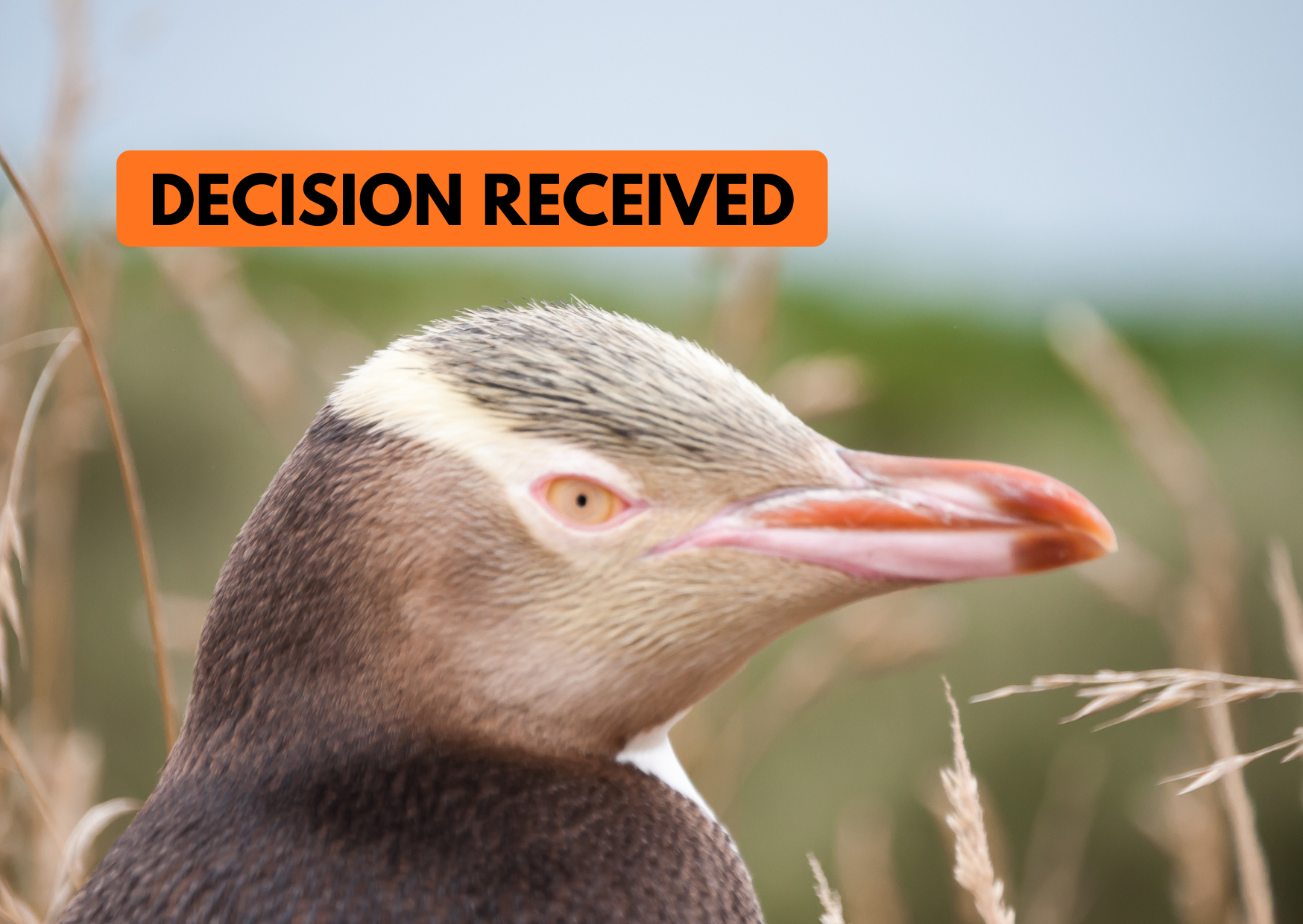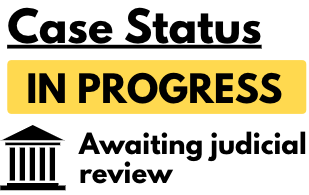Challenging the Government’s failure to properly levy the fishing industry
ELI v Minister for Oceans and Fisheries and others
We are taking legal action against the Government for under-levying the fishing industry and decreasing deployment of fishery observers.
Under the Fisheries Act and the Cost Recovery Rules, Fisheries New Zealand levies the fishing industry for services like stock assessments, research, and placing observers on vessels.
These services are the backbone of sustainable fishing. They need to be properly resourced so that the Government can monitor and protect vulnerable marine species like dolphins, seabirds, and turtles from the impacts of fishing.
ELI alleges that Fisheries New Zealand has been under-levying the fishing industry, in effect giving industry a significant discount on research costs, with the Government picking up the difference. In the last two years, the total cost of the misallocated projects was $3,663,252.
This includes partially paying for the costs of large-scale trawl surveys which the industry uses to inform their fishing.
We also allege that Fisheries New Zealand have attempted to keep a lid on the costs levied on the fishing industry by unlawfully under-allocating fisheries observers on commercial fishing vessels.
Why did we take this case?
There are major gaps in data and knowledge about commercial fish stocks, their target species, and the impacts of fishing on marine ecosystems. At the same time, many species - including leatherback turtle, hoiho yellow-eyed penguin, Salvin’s albatross, and Māui dolphins - are in steep decline due in large part to fishing-related deaths.
Despite this, observer coverage has been drastically reduced by the Government. In inshore fisheries observer days were reduced from 1,953 days in 2020/21 to 250 in 2024/25.
The Government has reduced fishing levies and at the same time there are large gaps in our ability to gather information critical to the sustainability of New Zealand’s fisheries.
This means in some high-risk inshore fisheries for threatened species, such as hoiho yellow-eyed penguins, there are neither observers or cameras on smaller vessels. In these cases, we just don’t know what interactions are happening.
Fisheries New Zealand is legally obliged to ensure the commercial fishing industry is doing its fair share to support the long-term sustainability of fish populations and the unique ecosystems that support them.
We're holding them to that.
Case timeline
June 2024 – ELI files for judicial review
July 2025 - Amended Statement of Claim filed
June 15th - 18th, 2026 - Case to be heard in the Wellington High Court
-
In our view, Fisheries New Zealand have been under-levying in order to cap the costs to industry. This is restricting the amount of funding for fisheries and conservation projects, including the observer programme. These levies are set annually via secondary legislation (Orders in Council).
When preparing the Observer Seadays Plan, which guides the deployment of observers across fisheries, and also the amount industry is levied for these services, FNZ officials have also limited the number of planned observer days in key fisheries for protected species. Again, this has been done under the proviso of ‘limited’ observer capacity, despite all observer costs being cost recoverable from industry and despite FNZ having taken limited to no action to boost capacity.
FNZ officials have acted in this way despite advice from Department of Conservation officials to the contrary. In our view, the decisions to approve the Observer Seadays Plan and subsequent levy orders are unlawful.
-
-





